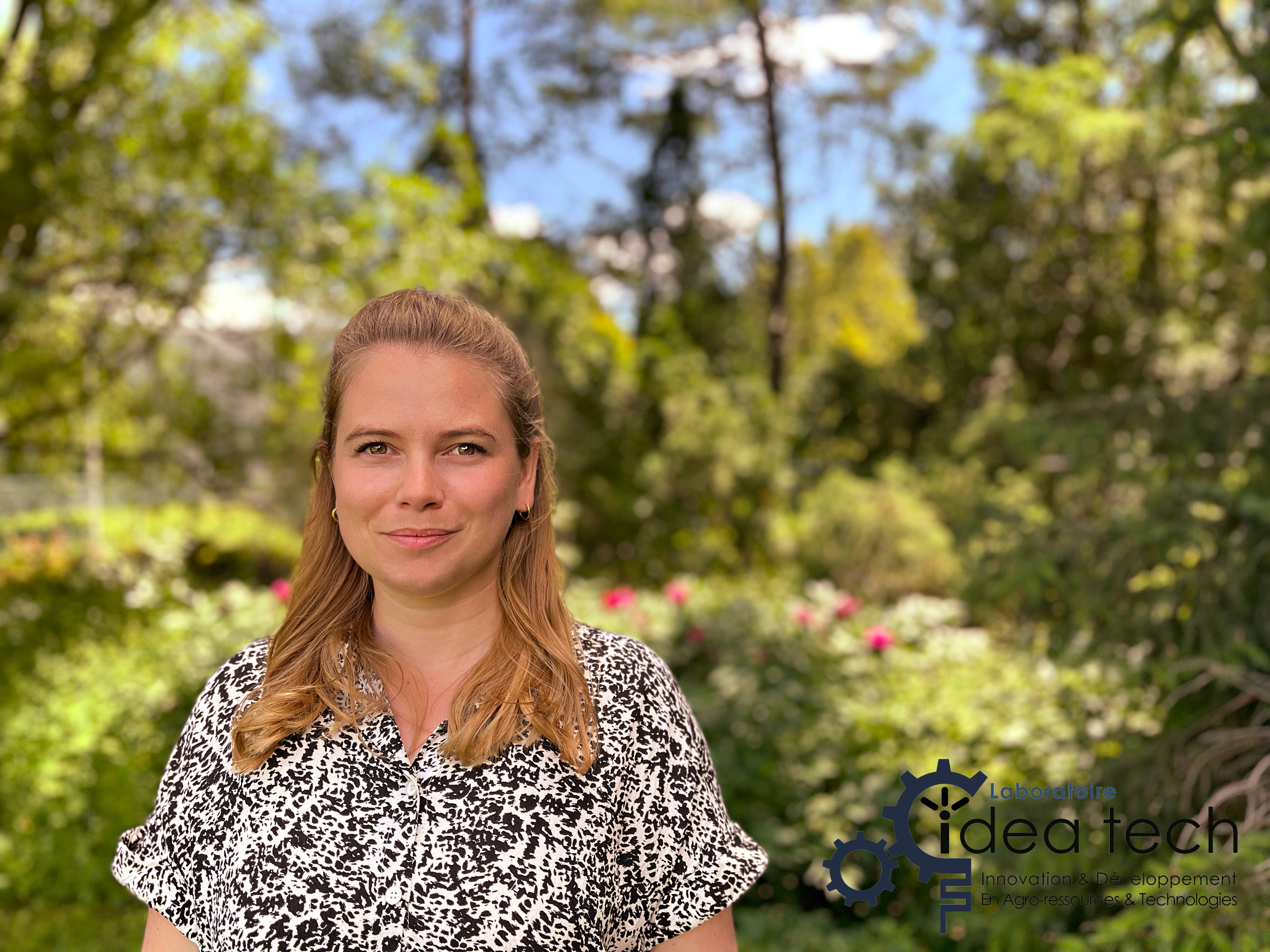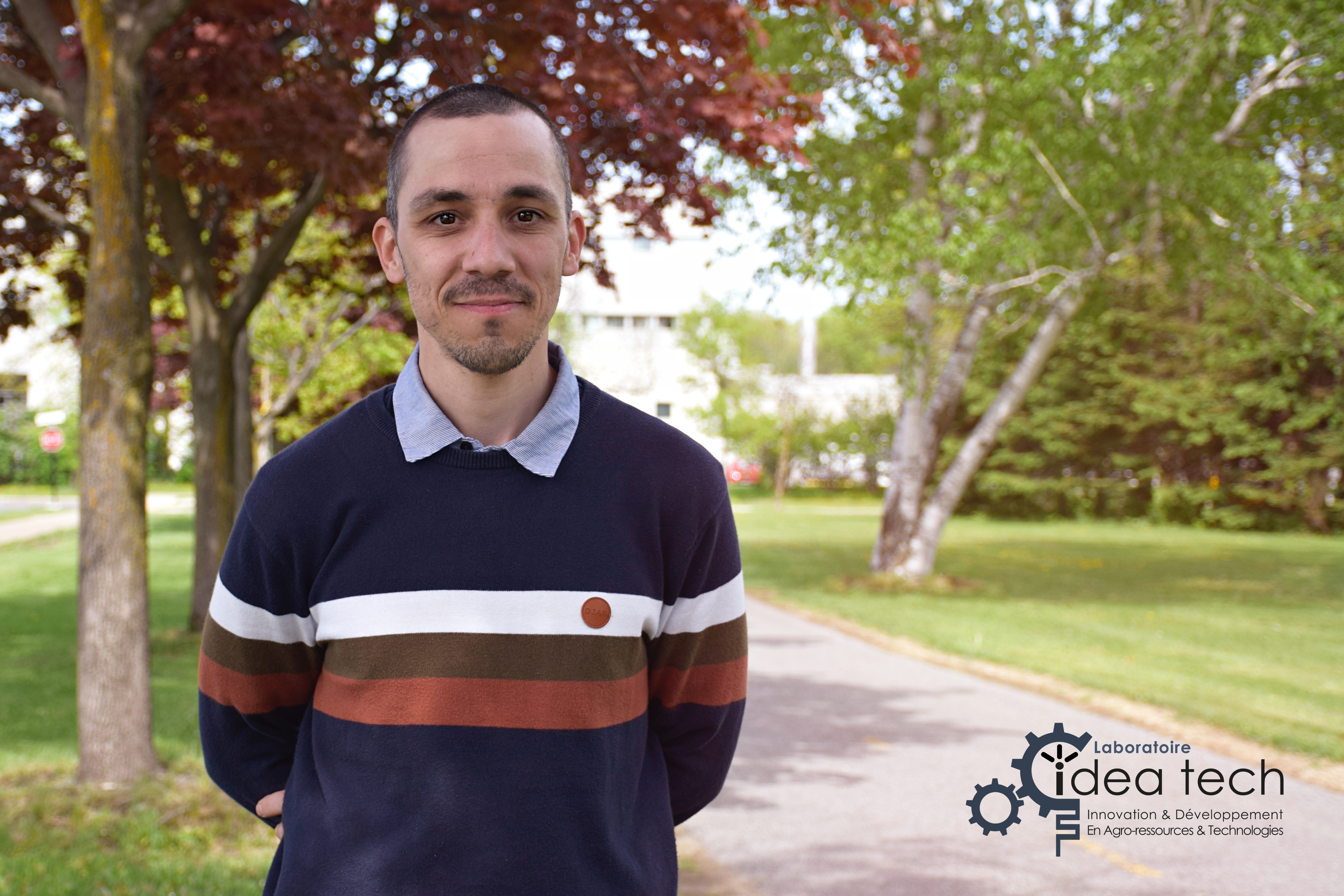Publications
- Année de publication : 2019-01-08
Référence
S. Suwal, R. Silveira Porto Oliveira, M. Pimont-Farge, A. Marciniak, G. Brisson, Y. Pouliot, A. Doyen. 2019. Formation of Stable Supramolecular Structure with β-Lactoglobulin-Derived Self-Assembling Peptide f1-8 and Bovine Micellar Caseins. Journal of Agricultural and Food Chemistry, 67, 1269–1276.
Information Complémentaire
Lien vers l'article : https://pubs.acs.org/doi/abs/10.1021/acs.jafc.8b05584
Mot(s) Clé(s)
Interaction caséine-peptide Structure supramoléculaire Peptide d'auto-assemblage Beta-lactoglobuline
Résumé
The development of stable macromolecular structures with tailored functional properties in the dairy industry using innovative stabilizers is of great interest. The self-assembling peptide f1-8 (Pf1-8) derived from β-lactoglobulin was found to interact with whey proteins, consequently changing their physicochemical properties. The objective of the present work was to evaluate the interaction between Pf1-8 and micellar casein (CN) and the changes in their physicochemical properties and stability at different pH values (6.6-2.6) on model solutions containing CN and Pf1-8 at various ratios (1:1, 5:1, and 10:1) using spectrofluorimetry, TEM, SEC-HPLC, and SDS-PAGE analyses. No CN precipitation occurred for the solution at the 1:1 ratio even at pH values below 4.6. In all samples, CN was completely dissociated to primary casein particles (PCP) to form stable supramolecular structures strongly bound to peptide gels via hydrophobic interactions. Thus, a novel milk-protein-derived peptide responsible for stabilizing complex structures composed of CN was discovered.




